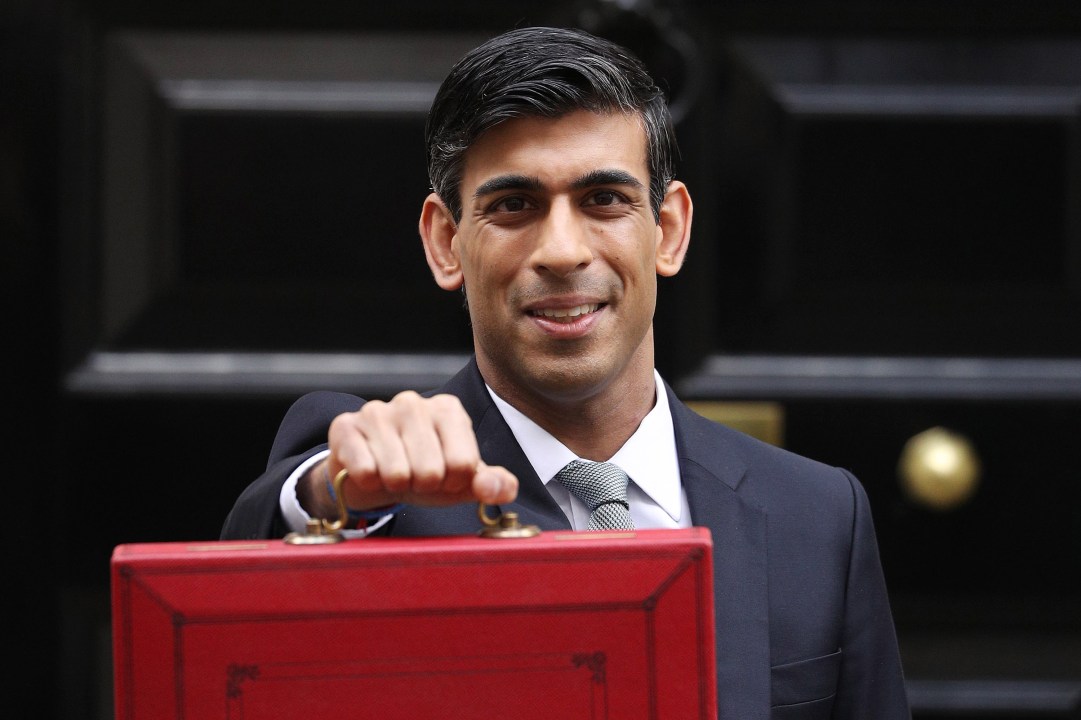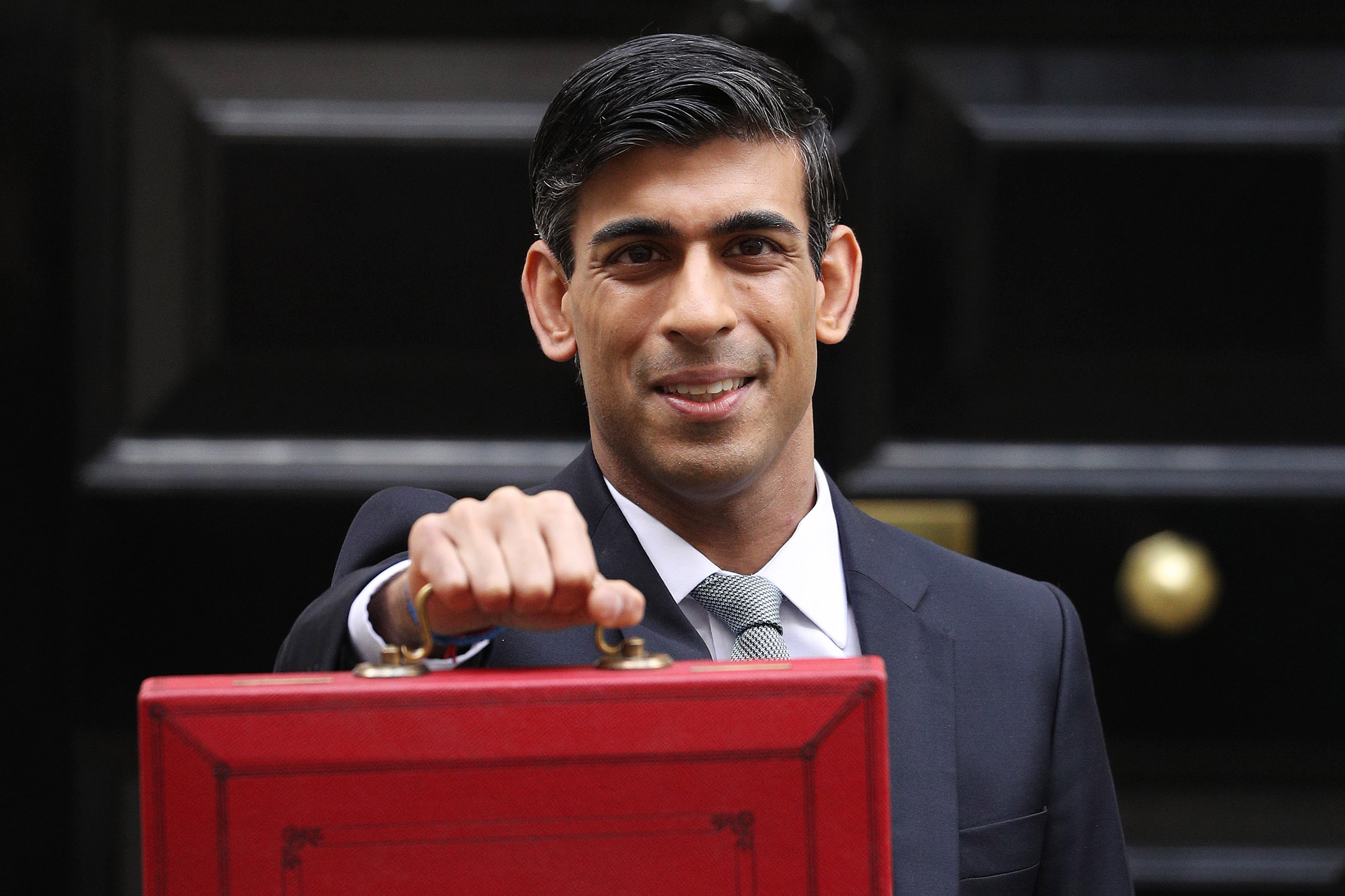In some ways, it’s easy and even important to keep Rishi Sunak’s performance in announcing his coronavirus job retention scheme in perspective. It should, after all, be pretty easy to be popular in politics when you are offering to spend literally limitless amounts of money protecting people from economic hardship.
A cynic would also say that it’s relatively easy to look grave and statesmanlike when you’re standing next to a prime minister who can still look more inclined to play Prince Hal than Henry V.
But even taking those things into account, I still consider Sunak’s performance one of the most impressive I’ve seen from a British politician in more than 20 years in and around Westminster. I watched Tony Blair, Gordon Brown and David Cameron at their best, generally in times of adversity and when the country craved the sense of comfort that comes from the feeling that the people in charge know what they are doing and are calmly getting on with it. Sunak’s nerveless poise today ranks alongside those moments as an act of infectious self-assurance, not least because the stakes he was playing for are at least as high as those on the table at any point in the last generation.
I think I was the first writer to tip Sunak as leadership material, almost exactly five years ago, before he was elected to the Commons
I suppose I should declare two interests here. First, as someone who runs a small charitable organisation that employs around a dozen people, I might end up using that retention scheme, and even if I don’t, I can say as an employer that the knowledge the scheme is there provides valuable assurance. Second, and far less important, I think I was the first writer to tip Sunak as leadership material, almost exactly five years ago, before he was elected to the Commons.
The chronology of that prediction is worth pondering. Five years ago, Sunak was not even an MP. Today, he stood at a podium in Downing Street and frankly offered more solidity and poise to an uncertain country than the man who made him chancellor barely a month ago. And possibly a better-judged message too:
‘When this is over, and it will be over, we want to look back on this moment and remember the many small acts of kindness, done by us and to us.
‘Now more than at any time in our history, we will be judged by our capacity for compassion. Our ability to come through this won’t just be down to what government or businesses do, but by the individual acts of kindness that we show each other.’
This was the message and manner that tells the country: ‘Don’t worry – there are grown-ups in charge.’ (Even if some of them do look alarmingly youthful.)
When and if we get to the other side of this crisis, there will be a huge price to pay, in all sorts of coinage; unwinding the wage support announced today, then paying for it, will be a gargantuan task, for Rishi Sunak or whoever else is Chancellor. But there will also, inevitably, come talk about leadership and questions of who will lead the country in future. On today’s showing, Rishi Sunak’s name must be part of that conversation.








Comments